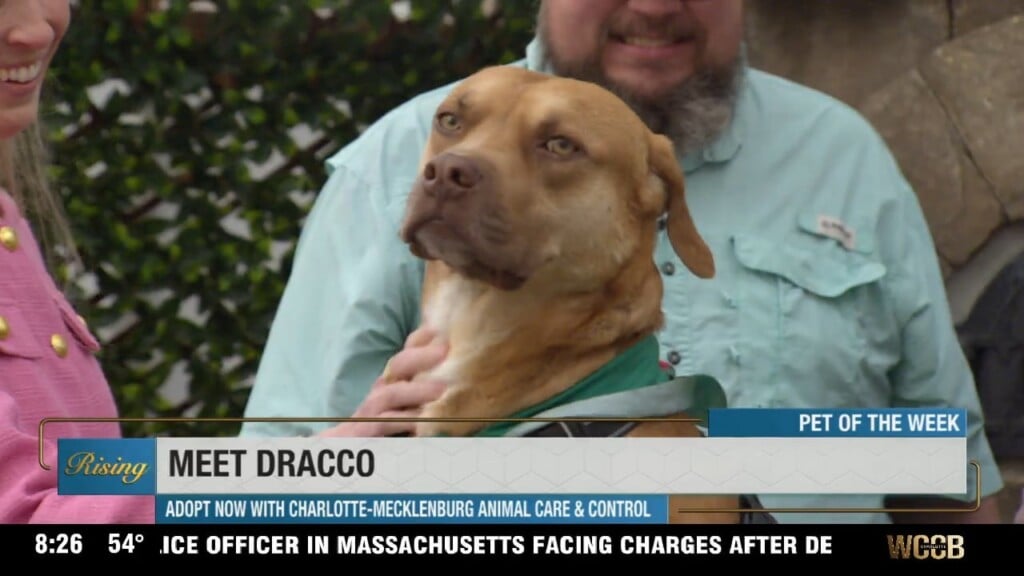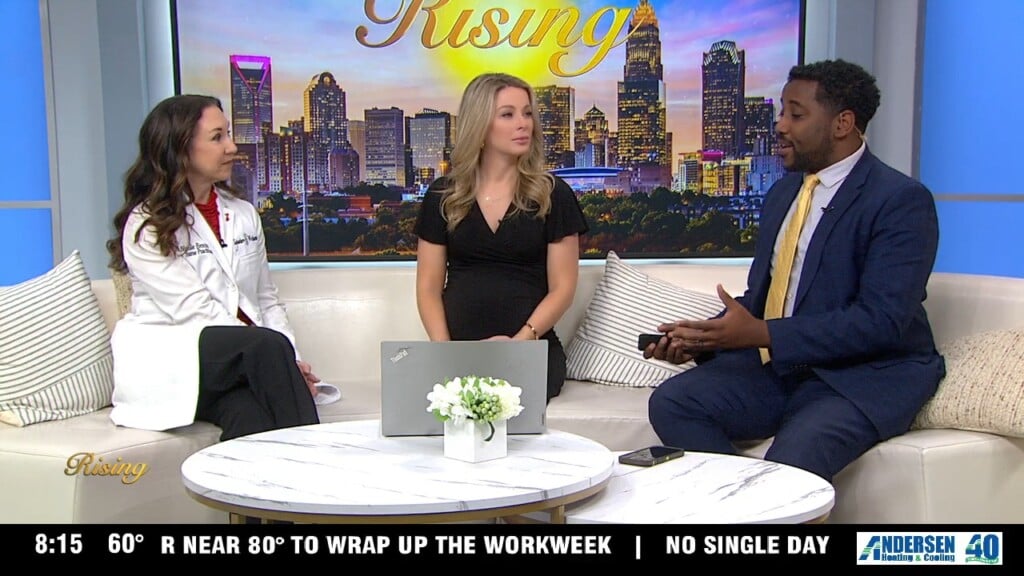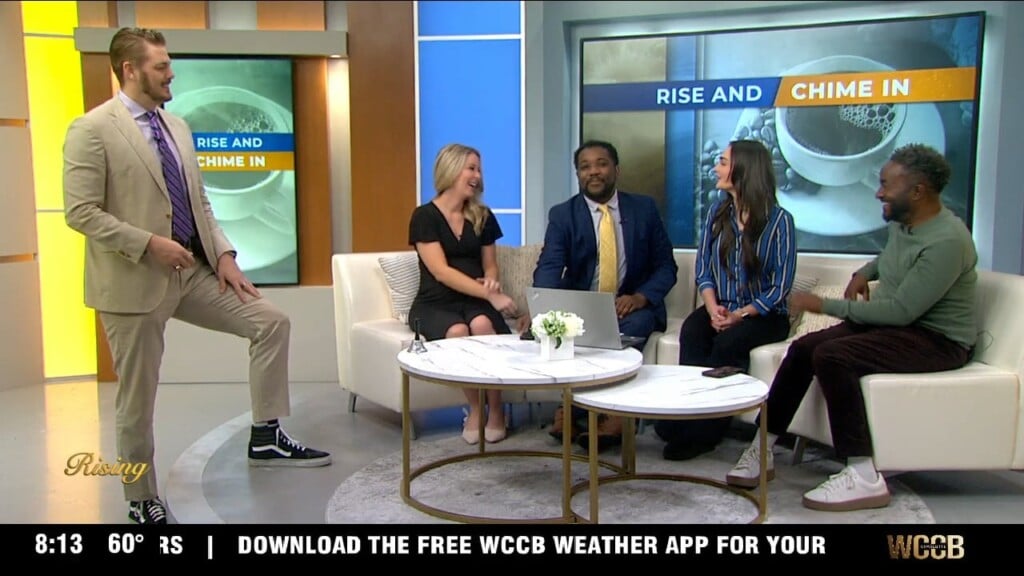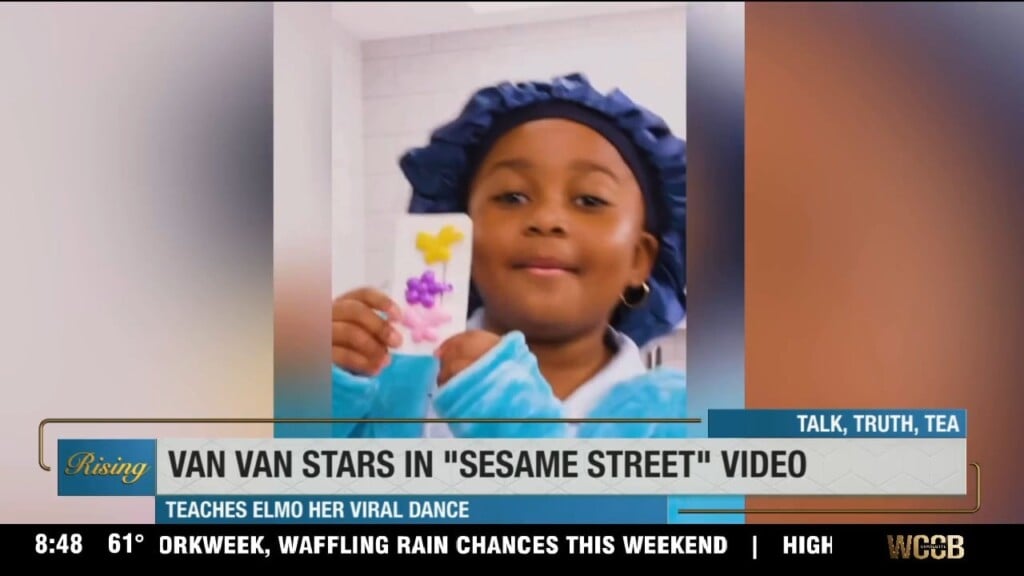Charlotte Veterans Want Answers From Presidential Candidates
Military veterans are a crucial voting block around the country, especially in battleground states like North Carolina.
CHARLOTTE, NC — Military veterans are a crucial voting block around the country, especially in battleground states like North Carolina. Both presidential candidates are now openly courting veterans, and laying out their plans for our military future. We went to local vets to find out what they hope to hear before election day.
“We can handle the tough answers,” says Dave Dowell. “Give us the tough answers.”
Dowell, and other Charlotte area veterans, just wants answers; and some common sense when it comes to dealing with those who have served this country, and those who serve right now.
“His whole campaign has been one long insult to all those who have worn the uniform,” Democratic nominee Hillary Clinton said of her opponent Donald Trump this week.
“Rebuild our military,” Trump, the Republican nominee, told a rally this week. “It is so depleted. We will rebuild our military.”
The fastest-growing segment of post-9/11 veterans may be those registered as independents. Both Trump and Clinton are trying to answer questions about fixing the department of veterans affairs, bolstering our military and taking on ISIS.
UNC-Charlotte student Stuart Gambill spent four years in the Army, serving two tours in Iraq. He says it’s not about spending more.
“The money needs to be spent better,” says Gambill. “Having more accountability, and ensuring that funds are going to, and funding, what they’re intended for. Rather than getting syphoned off for other projects, and essentially mismanaged.”
Dowell served in the Navy. He knows what it’s like to try and navigate the VA system.
“Whoever’s elected, that needs to be a first hundred day objective,” says Dowell. “To untie all the red tape around the VA.”
Logan Wesley served in the Marine Corps. He’s looking for more investment in the future of our soldiers.
“I think that if they did out source, or possibly, maybe up their employment rate, or something like that, for the VA,” says Wesley. “(It) would make a huge difference.”





